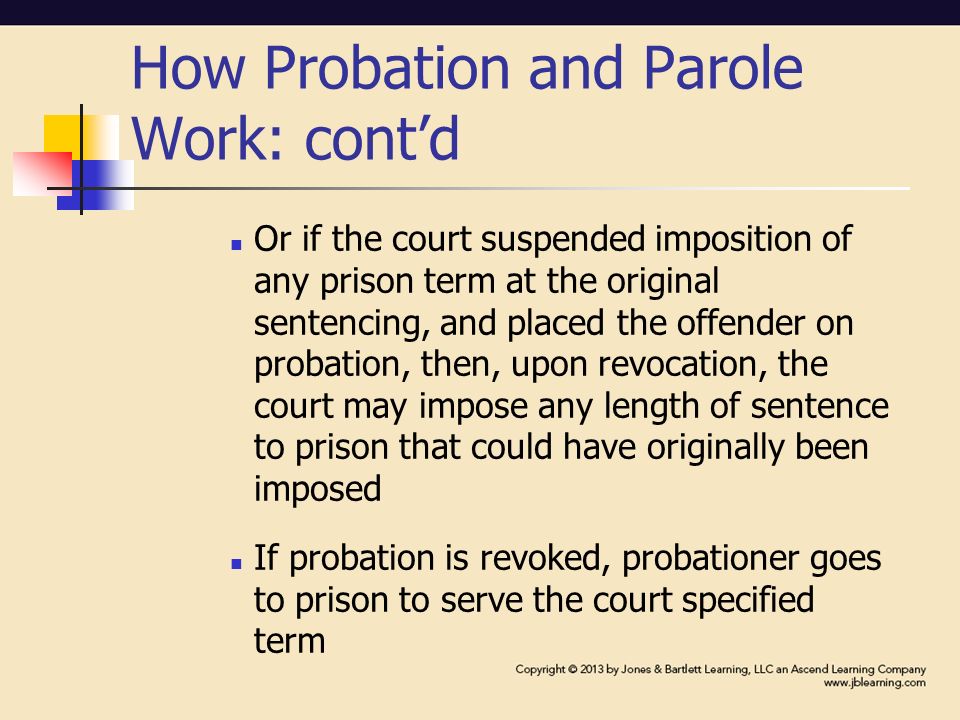
Much of this depends on whether or not courts have the authority to do so. They can suspend a sentence prior to its imposition and sometimes they can suspend executions. Judges can suspend sentences at various stages, depending on the state’s laws. If the defendant ends up breaking one of the conditions the judge can impose the sentence they suspended. Or, they may be required to retain a clean record and remain crime-free for a set period of time. For example, a defendant may be ordered to complete a rehab treatment. On the other hand, conditional suspended sentences means that the defendant needs to satisfy certain requirements. The conviction will still stand, but the sentence will be stopped. Unconditional suspended sentences means there are no conditions or prohibitions attached to the suspension. Suspended sentences can either be conditional or unconditional. While sentencing laws do vary depending on which state you are in, most judges have the discretion to suspend a prison or jail sentence. The defendant will not be incarcerated right away. Suspending a sentence essentially means the jail or prison term is stopped. You may even be curious about what that actually means.


Perhaps you’ve heard the term “suspended sentence” a few times. Posted by Phoenix Criminal Defense Attorney Nick Alcock:


 0 kommentar(er)
0 kommentar(er)
